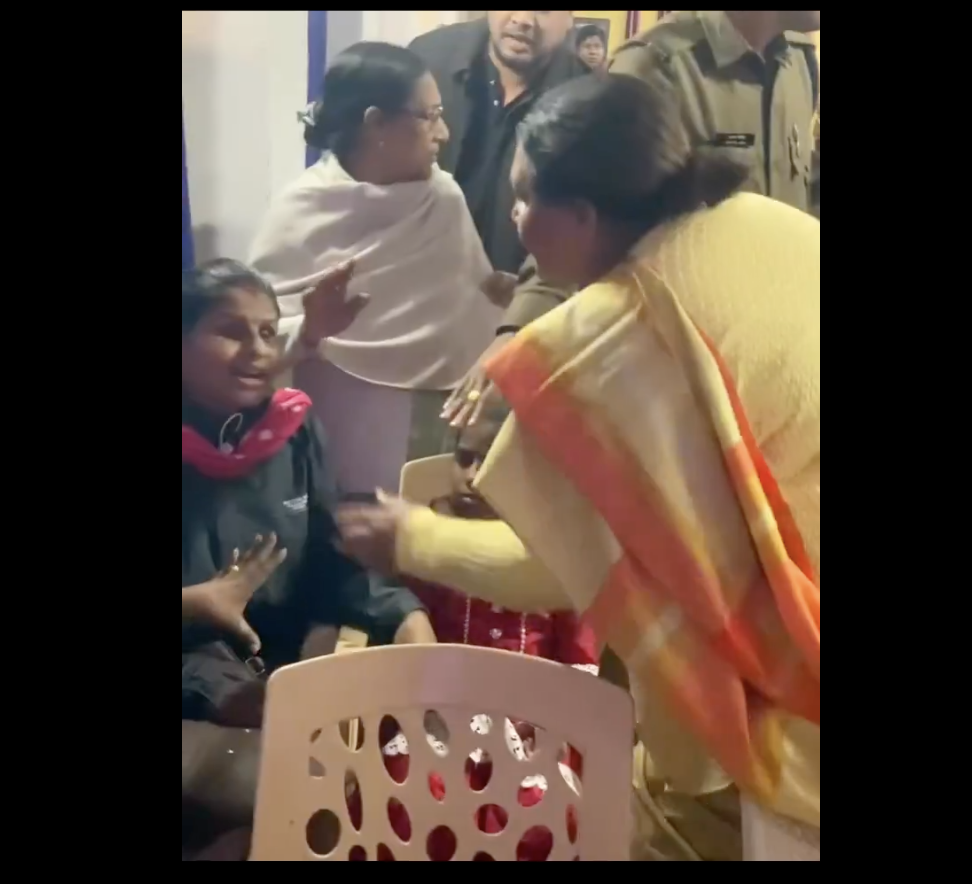
December 6, 2022 marks three decades to an event that sparked perhaps the most contentious property dispute that the nation ever witnessed- the Babri Masjid-Ram Janmabhoomi case. This dispute went beyond the legal realm- it was fought not only in courtrooms but also in the social, cultural and religious spheres.
The roots of this dispute go further back in history, and the court proceedings were equally lengthy and twisted. Arguments on all sides touched upon the three aspects of faith (a strong belief that the spot was the birthplace of Lord Rama), violence (the demolition of the Babri Masjid), and trickery (placing idols inside the mosque complex deceitfully). Here is a reverse chronological sequence of events that show how the land ownership dispute reached its end:
August 5, 2020: Prime Minister Narendra Modi conducts a Bhoomi Pujan for the Ram Temple at the Babri Masjid demolition site. RSS chief Mohan Bhagwat and Uttar Pradesh Chief Minister Yogi Adityanath were among those who attended the event, which was one of the most significant take aways for the Bharatiya Janata Party-led three decades long ‘mandir’ movement.
November 9, 2019: In a significant blow to the Muslim litigants as well as the Nirmohi Akhada’s contestations, the apex court delivered a unanimous verdict to allot the entire disputed land of 2.77 acres to the Hindu side, upholding Ram Lalla’s title rights. The court simultaneously ordered the establishment of a Temple Trust to overlook the construction of the Ram Temple in Ayodhya.
While the court upheld that the demolition of the Babri Masjid and installation of idols within the complex exhibited a subversion of the rule of law, no penalties to that effect were imposed.
The Sunni Central Waqf Board, the largest Muslim party in the case, was allotted 5 acres of land at an alternative “prominent” location in Ayodhya to construct a mosque. The Akhada’s claims were dismissed.
October 16, 2019: On the last day of hearing in the matter, Sunni Waqf Board, a key representative among the Muslim plaintiffs, offered to withdraw its appeals in the matter and demanded an assurance from the Centre that the religious character of all other Muslim places of worship in the country will be protected in the face of similar encroachments attempts.
Other Muslim parties however dissociated themselves from this offer. The main Hindu plaintiff, the Vishwa Hindu Parishad refused to accede to these demands and no such assurance came from the Centre.
October 14, 2019: Anticipating political upheaval and social tensions following the Supreme Court verdict, the district administration in Ayodhya imposed curfew under Section 144 of CrPC until December 10.
August 6, 2019: A five judge bench of the apex court headed by then Chief Justice of India Ranjan Gogoi began hearing the final arguments in the dispute beginning with the Nirmohi Akhada’s contestations, followed by Shri Ram Virajman and various other Hindu parties, and finally the Sunni Waqf Board. October 18 was fixed as the last day for hearing the matter.
July 2019: One of the litigants representing the Hindu side approached the apex court seeking a resumption of day-to-day hearings on the matter. He submitted that no progress had been seen in the mediation talks proposed by the court four months back.
Also Read | Explained: Ayodhya Ram Mandir’s Journey Before And After Babri Masjid Demolition
March 8, 2019: The Constitution bench directed an eight-weeks long court-monitored mediation on the ownership dispute. Initially, the deadline was set for May 2019 but was later extended until August 15.
January 8, 2019: CJI Gogoi assigned the case to a five judge bench, overturning a 2018 verdict that dismissed an appeal into the Ismail Faruqui judgment of 1994, which dealt with the government’s acquisition of the disputed land under the Acquisition of Certain Areas at Ayodhya Act.
September 2, 2018: By a 2:1 split verdict, a Constitution bench upheld the Ismail Faruqui verdict and said that there is no need for a larger bench to revisit the judgment.
August 11, 2017: A three judge bench led by then CJI Dipak Mishra began hearing the litigants’ appeals against the Allahabad High Court’s 2010 verdict.
This story was originally published in outlookindia.com . Read the full story here






